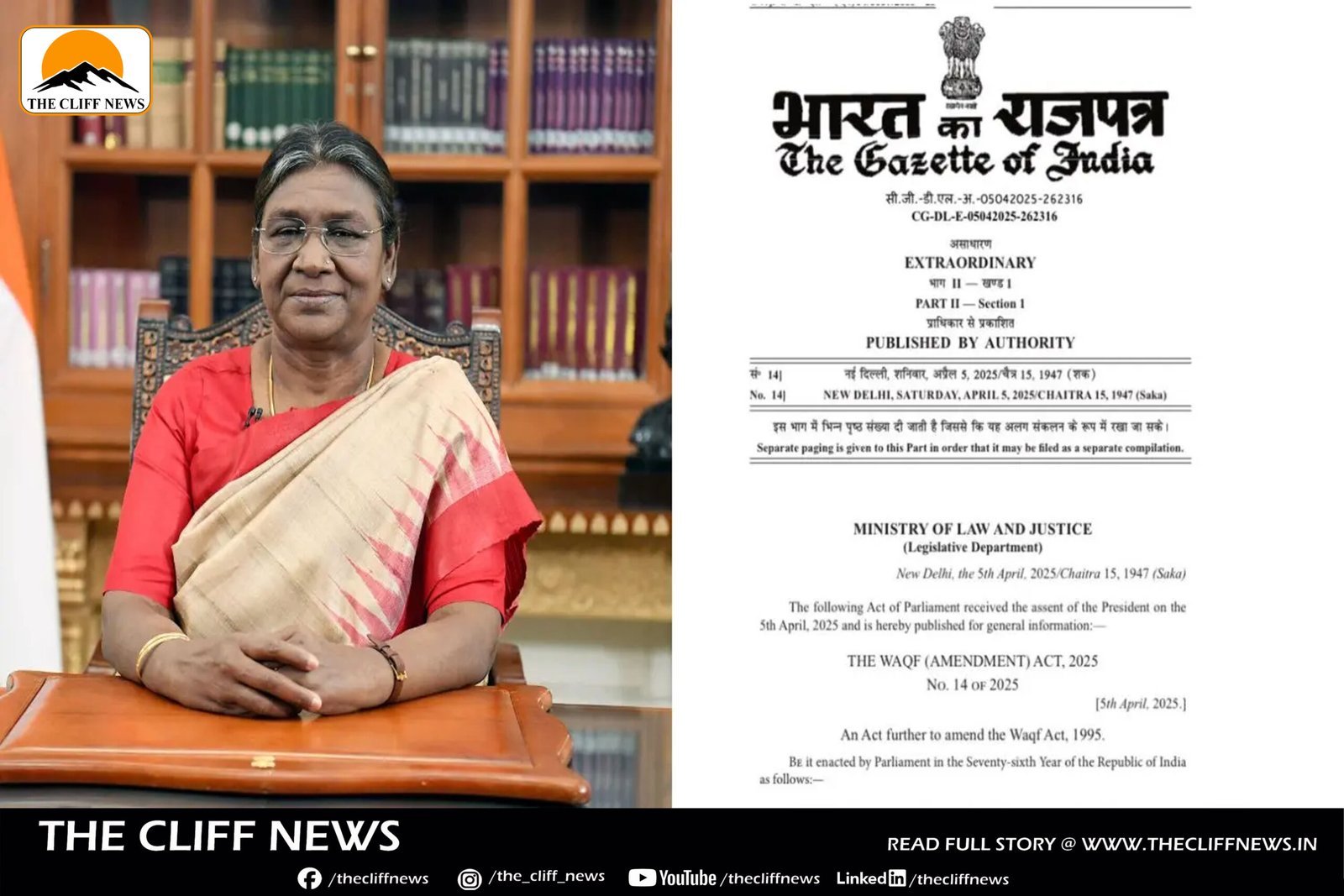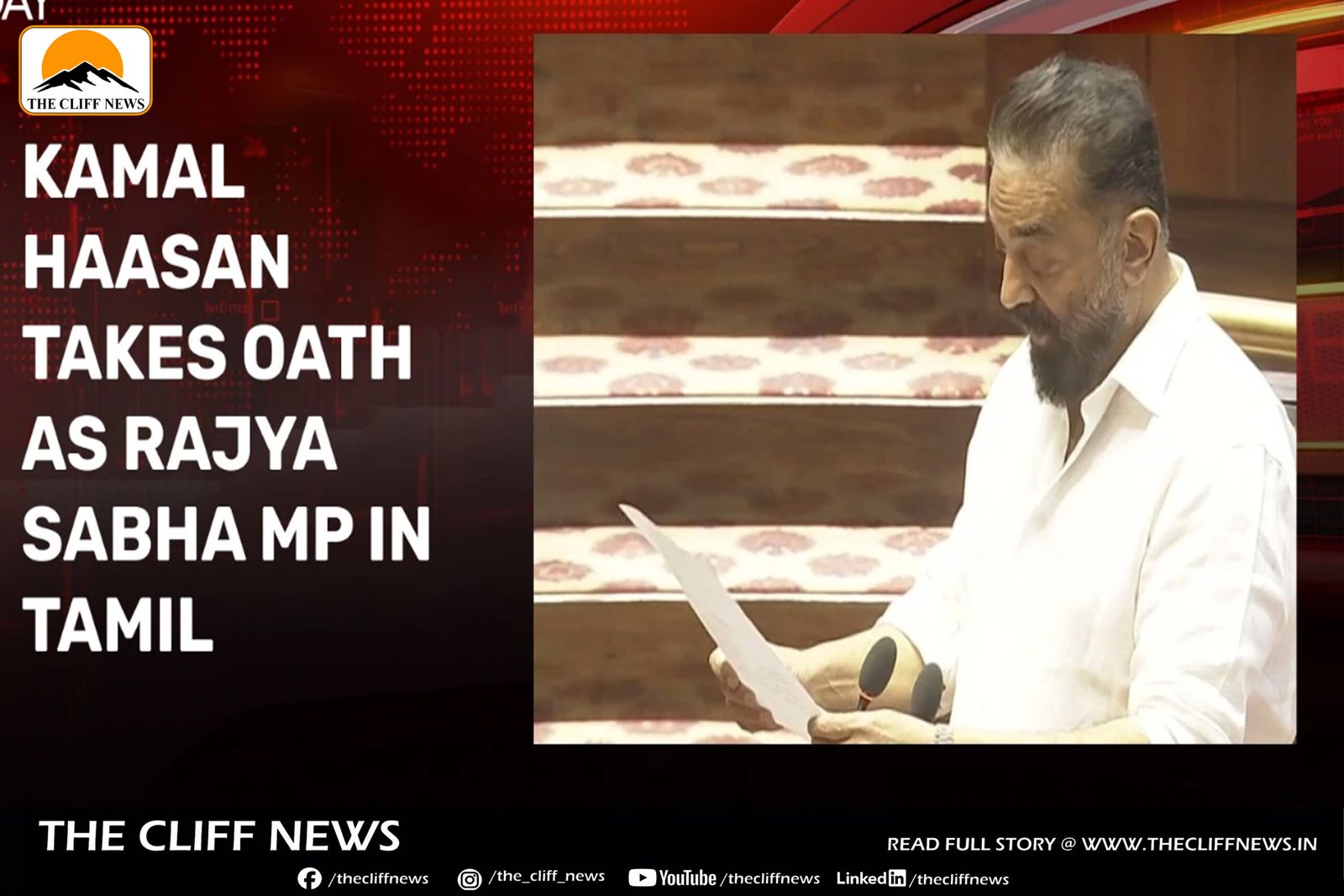The Waqf (Amendment) Act, 2025, officially received the assent of the President on April 5, 2025, and has now been published for general information, according to a government notification reported by PTI. The legislation, which has stirred significant political and legal debate, comes into force just days after being passed by both Houses of Parliament following extended and heated discussions.
The bill was cleared by the Lok Sabha in the early hours of Thursday, and subsequently by the Rajya Sabha on Friday after a marathon 17-hour session. In addition to the Waqf (Amendment) Bill, the Upper House also passed the Mussalman Wakf (Repeal) Bill, 2024—another contentious piece of legislation—marking an intense week in Parliament.
Legal challenges have already emerged, with Congress MP Mohammad Jawed and AIMIM president Asaduddin Owaisi filing separate petitions in the Supreme Court questioning the constitutional validity of the Act. They argue that the legislation undermines minority rights and goes against constitutional principles.
Despite the opposition’s strong protests, the central government has maintained that the Waqf (Amendment) Bill does not infringe upon the rights of any community. Union Minister Kiren Rijiju, who introduced the bill in both Houses, stated during the debates that the amendments were aimed at bringing transparency and accountability to the administration of waqf properties.
PM Modi Hails the Passage as a ‘Watershed Moment’
Prime Minister Narendra Modi lauded the passage of the Waqf (Amendment) Bill and the Mussalman Wakf (Repeal) Bill as a landmark development. In a post on X (formerly Twitter), he described it as a “watershed moment” in India’s pursuit of socio-economic justice and inclusive growth.
“The passage of the Waqf (Amendment) Bill and the Mussalman Wakf (Repeal) Bill by both Houses of Parliament marks a watershed moment in our collective quest for socio-economic justice, transparency, and inclusive growth. This will particularly help those who have long remained on the margins, thus being denied both voice and opportunity,” the Prime Minister stated.
Modi also extended his appreciation to members of Parliament and citizens who contributed inputs to the Joint Parliamentary Committee that reviewed the bill.
The development is expected to have far-reaching implications, both politically and socially, as debates continue around the management of religious endowments and the balancing of community rights with state oversight.
4o



